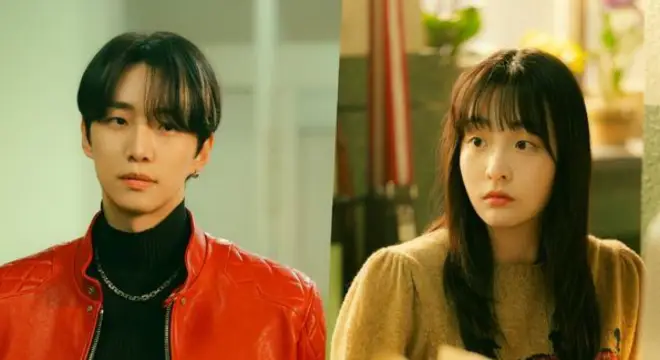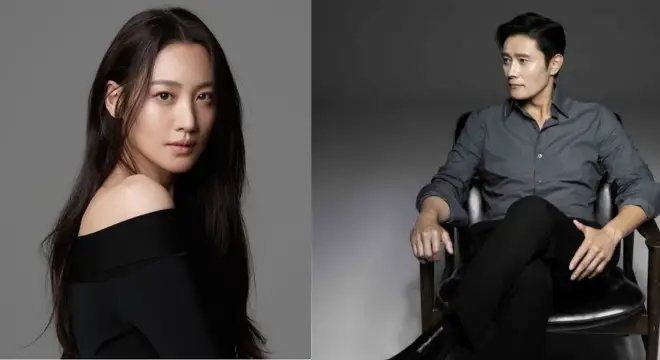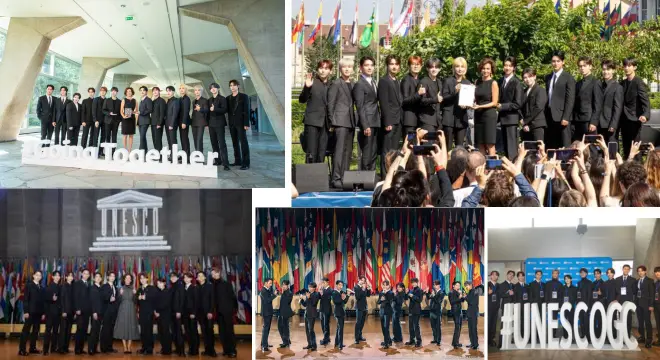|
Getting your Trinity Audio player ready...
|
Do you ever wonder how one event can rock a whole nation—the people, the hopes, and even the entertainment?
Well, that is precisely what happened back in 1997 when South Korea was experiencing the IMF Crisis; one of the worst financial periods in its history.
Factories were shuttered, families were suddenly out of work, and families that once felt financially secure were now struggling just to keep warm and fed. It was not simply numbers on a financial spreadsheet— this was the unbearable heartache of millions of households.
But there’s one thing you should know—Koreans did not simply endure upheaval. They turned pain into powerful storytelling. Many K-Dramas about the 1997 IMF crisis beautifully capture that struggle—transforming hardship into stories of resilience, unity, and hope.
So, today we are looking at the shows that reflect through the lens of capitalistic crisis—the loss and suffering of it, the hope, awakening and choice that it provided, and how it impacted one generation of people forever.
Are you ready? Let’s go from the beginning.

What Exactly Was the IMF Crisis?
Before we jump into dramas, let’s rewind for a second.
In 1997, the Asian Financial Crisis hit several countries—but in South Korea, it was devastating. The country had grown fast through the 80s and 90s, but behind that success was a mountain of corporate debt. When investors suddenly pulled out, everything collapsed like dominoes.
South Korea had to seek a bailout from the International Monetary Fund (IMF)—and in return, it had to tighten its belt hard.
Jobs vanished, small businesses closed, and even wealthy families found themselves starting over. It wasn’t just an economic fall—it was an emotional one too.
And that’s why filmmakers still revisit it—because it wasn’t just about money. It was about human survival.
1. Typhoon Family — Ordinary People, Extraordinary Survival
Let’s start with the newest one, Typhoon Family, starring Lee Jun-ho and Kim Min-ha.
Imagine your whole life changes overnight—you go from being carefree to becoming the CEO of your father’s collapsing company during the country’s worst crisis. That’s exactly what happens to Kang Tae-poong.
He’s got no employees, no money, and no clue what to do. Yet, he tries to hold everything together. The drama beautifully captures not just the financial collapse, but the heart of that era—the warmth, the unity, the determination of people who refused to give up.
Director Lee Na-jeong even said in interviews that she spoke to real people who lived through that period. And you can feel that authenticity in every scene.
It’s not just a drama—it’s a tribute to every ordinary person who found courage in chaos.
2. Twenty-Five Twenty-One — Dreams vs. Reality
Now let’s talk about something a little more emotional.
When Twenty-Five Twenty-One came out, everyone thought it was just a youth romance. But look closer—it’s actually a story about dreams destroyed and rebuilt during the IMF crisis.
Na Hee-do wants to be a fencing champion, but her team gets disbanded because of budget cuts.
Baek Yi-jin’s rich family? They lose everything.
Through their love story, you see what it meant to come of age when the world around you was falling apart.
It’s not about economics—it’s about hope, heartbreak, and holding on.
One line that perfectly sums it up?
“Even if the world collapses tomorrow, I’ll still dream today.”
That’s the kind of spirit that carried Korea through 1997—and Twenty-Five Twenty-One captures it beautifully.
3. Reborn Rich — Power, Betrayal, and Second Chances
Now, if you love chaebol dramas with a twist, Reborn Rich is your stop.
Starring Song Joong-ki, it takes us into the ruthless world of corporate Korea during and after the crisis. The story follows a loyal employee who’s betrayed and killed by the company he served. But here’s the twist—he wakes up as the youngest heir of the same chaebol family.
Using his knowledge of the future, he plays the economic collapse to his advantage.
Through this fantasy setup, the drama exposes the greed and manipulation that happened during that time—how some families rose higher by stepping on others’ losses.
It’s revenge, economics, and karma all rolled into one.
4. Empire of Gold — The Cost of Greed
Empire of Gold is a lesser-known gem that digs deep into the power struggles that defined post-crisis Korea.
It follows a chaebol family trying to rebuild itself after the 1997 collapse—and how their hunger for wealth changes them over two decades.
It’s dark, gritty, and brutally honest about how survival can sometimes turn into obsession.
This is much more than just a family drama—it’s a lens into a country that was rebuilt through will and sacrifice.
5. Reply 1997 — A Nostalgia with an Underlying Truth
You think it’s just a sentimental nostalgia trip about youthful friendship, first love, and the unreal levels of fandom of early K-pop.
If you dig deeper, you’ll see the subtleties of homes strained by the country’s impending monetary crisis—families are having to tighten belts, students dream big, with much less than ideal tools supporting those dreams.
While there are no actual “financial crisis” scenes, the crisis itself hangs in the air, in conversation amongst the parents who are worried about their bills, in the conversation about children and financial stability, in the constant push to secure an optimal future.
This is what makes it so relatable, it doesn’t pretent to a remarkable time— the story is about ordinary people and then the extraordinary time they were living through.
6. Default — When Fiction Meets Reality
If you want a film that shows the real picture of what went down in 1997, Default is the one.
Starring Kim Hye-soo, it follows the people who saw the crisis coming—the analysts, bankers, and officials who tried (and failed) to stop the collapse.
It’s raw, intense, and based on true events.
You’ll see how quickly decisions made in offices can destroy lives outside them.
It’s one of the most powerful depictions of the IMF crisis ever made.
7. Tune In for Love — Romance in Uncertain Times
Love during a financial collapse? That’s Tune In for Love for you.
Two people meet and fall in love in the late 90s—but life keeps pulling them apart. Every time they reconnect, something (often financial struggles) gets in the way.
The crisis here isn’t front and center—it’s a quiet background that shapes their lives and choices.
It’s tender, sad, and perfectly captures how unstable times can change the way people love.
8. Knock Off — A Satirical Take on the IMF Era
Lastly, there’s the upcoming drama Knock Off, which takes a more humorous yet emotional look at the IMF period.
It follows an office worker who loses his job and ends up in the counterfeit goods trade—eventually becoming a big player in that underground world.
It’s quirky but deeply human.
Because when life pushes people to the edge, they find the strangest ways to survive.
The Real Message Behind It All
If there’s one thread running through all these shows, it’s resilience.
The IMF crisis broke millions—but it also showed how strong people can be when they have no choice but to fight back.
From the boardrooms of chaebols to the streets of Busan, everyone had a story of survival, loss, and rebirth.
And that’s why these dramas matter.
They remind us that even when economies crash, the human spirit doesn’t.
Because at the end of every crisis—there’s always someone holding on, saying,
“We’ll get through this. Together.”


